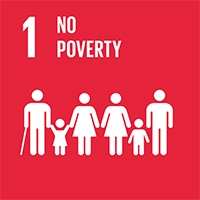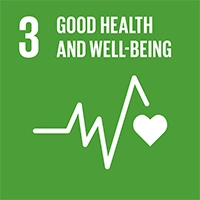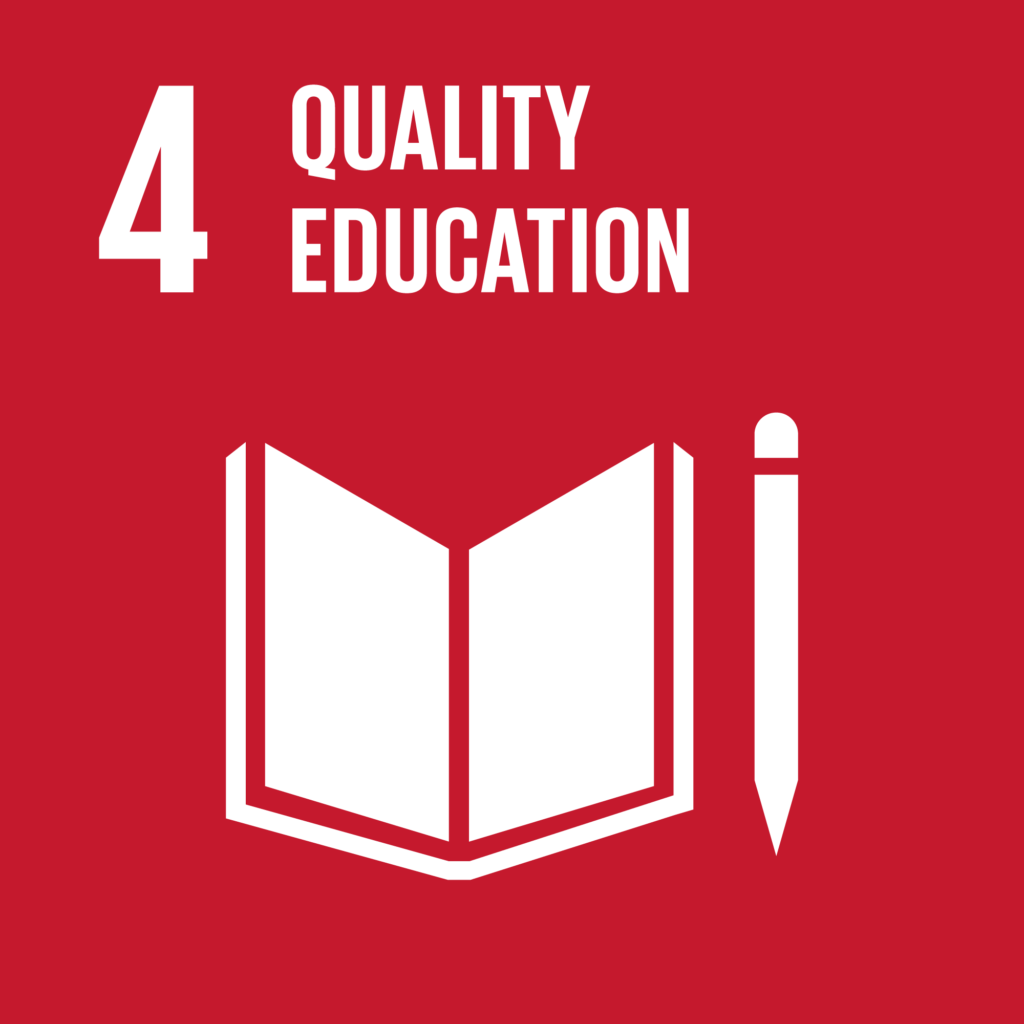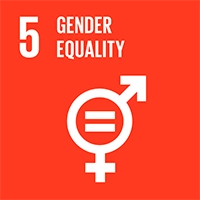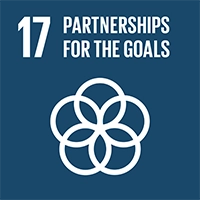Clean Water and Sanitation

Access to clean water is critical to the health and well-being of entire communities. Providing communities with fresh water is an important part of our work to prevent the spread of trachoma, a bacterial disease that, when left untreated, leads to irreversible blindness.
In Ethiopia, Kenya and Zambia, we build wells, drill and rehabilitate boreholes, and educate communities on the importance of hygiene. With access to fresh water, people can wash their hands, faces and clothing, and prevent the spread of diseases such as trachoma and COVID-19. We are therefore committed to implementing the World Health Organization’s (WHO) ‘SAFE’ strategy for eliminating trachoma:
Surgery to treat trachomatous trichiasis
Antibiotics to clear infection (mass drug administration)
Facial cleanliness to reduce transmission
Environmental improvements such as wells and latrines
Improved sanitation aids in the reduction of other serious illnesses such as diarrheal disease, upper-respiratory infections and malaria. The provision of a nearby water source also reduces the burden on women and girls to haul water long distances, giving them opportunities to go to school or find employment. It leads to healthier, more resilient communities overall.
When a borehole is drilled or rehabilitated, we establish local Water, Sanitation and Hygiene (WASH) committees. The committee is trained on how to maintain the borehole and ensure its longevity. The committee also provides community health education sessions to help people improve their sanitation habits. They incorporate messages on facial cleanliness and environmental improvements such as the proper building of latrines. By training WASH committees, we empower communities to take ownership of their water and eye health needs, and eliminate the need for outside support. This ensures the sustainability of our programs and enables us to help more people.
